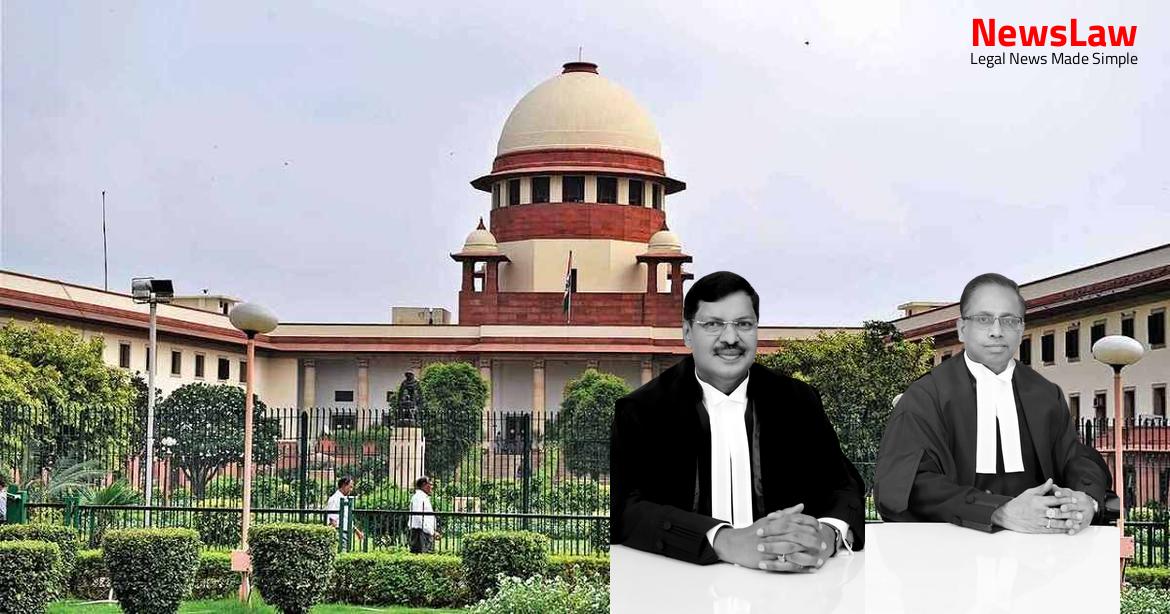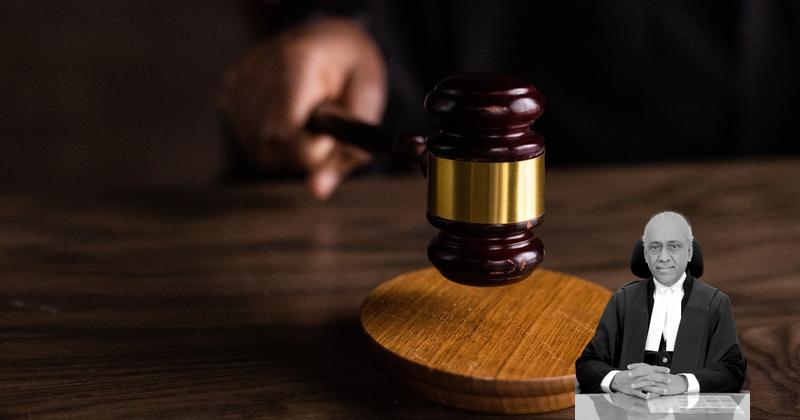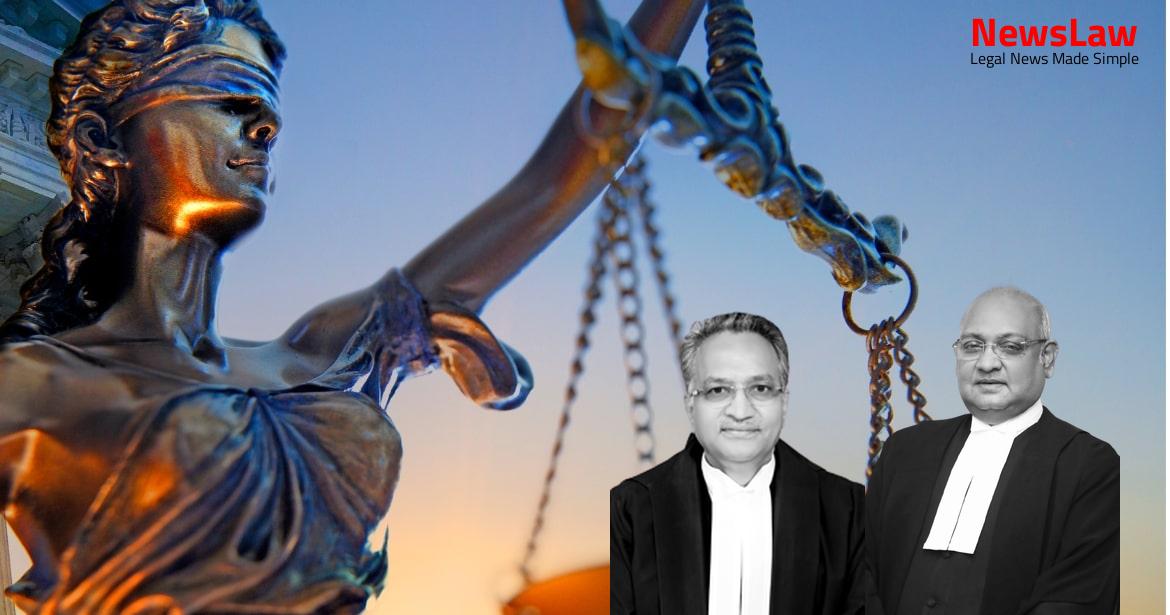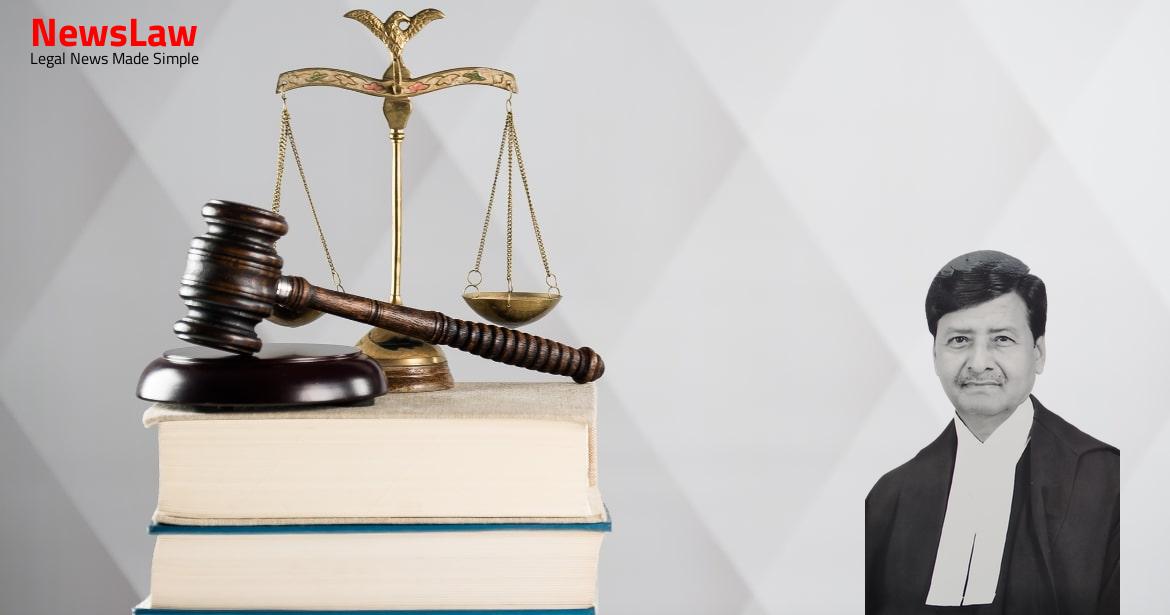The Supreme Court of India recently pronounced its judgment in a significant case involving an altercation during a marriage procession. The case pertained to an incident where violence erupted during the procession, resulting in unfortunate consequences. The judgment provides crucial insights into the legal nuances surrounding such incidents and sets a precedent for similar cases in the future. Stay informed with the latest developments from the Supreme Court of India.
Facts
- Charges framed against the appellant under Section 302 IPC and his co-accused under Section 302 IPC read with Section 114 IPC.
- Accused pleaded not guilty and claimed to be tried, denying the allegations and stating they were falsely implicated.
- Witnesses Manjit Singh (PW-3), Dharam Pal Singh (PW-1), and Kernail Singh (PW-4) observed the incident and took the deceased to the Government Dispensary where he was declared dead.
- Land disputes and past altercations between the appellant and Kernail Singh (PW-4) mentioned.
- No oral evidence led by the accused, reliance on documentary evidence.
- Incident occurred during a marriage procession lit up with decorative lights from a generator.
- Chargesheet filed before the Court of the Chief Judicial Magistrate, Bijnor.
- Written report led to FIR Crime No 70 of 1986 registered against the appellant and co-accused for Section 302 IPC.
- Police investigation led to arrest of accused on 30 May 1986, finding injuries on their bodies.
- Appellant warned by deceased for misbehaving with his sister-in-law, leading to altercation and fatal consequences.
- Appellant exhorted to kill deceased for protecting his family.
- Accused had their injuries examined at State Dispensary, Qadrabad.
- Blood-stained knife allegedly used in the crime recovered by police at appellant’s instance.
- Accused caught in a scuffle, where co-accused held deceased while appellant stabbed him with a knife.
- Manjit Singh (PW-3) intervened to save the deceased, leading the accused to flee.
- Post-mortem revealed cause of death as shock and hemorrhage due to ante-mortem injuries.
- The trial Court found that the prosecution had proved the case against the accused persons beyond reasonable doubt.
- The appellant was convicted for the offence punishable under Section 302 of the IPC.
- The co-accused were convicted for the offences punishable under Section 302 read with Section 114 of the IPC.
- Both the appellant and co-accused were sentenced to undergo rigorous imprisonment for life.
- The Division Bench of the Allahabad High Court dismissed the Criminal Appeal filed by the appellant and upheld the order of conviction.
- The High Court affirmed the order of conviction and sentence awarded by the trial Court after the conclusion of hearings.
Also Read: Contempt of Court: Upholding Individual Liberty in the Case of R.Y. Raval vs. State of Gujarat
Arguments
- Ms. Bobde argues that there was no premeditation evident in the testimonies of the witnesses.
- She highlights that the incident involved a single injury caused by a pocketknife during a sudden fight in the heat of passion upon a sudden quarrel.
- Ms. Bobde asserts that this case should be categorized under Section 304 Part-II of IPC as the appellant had no intention to cause the death of the deceased.
- The accused admitted to assaulting both the accused persons with a ‘Danda’.
- A ‘marpeet’ occurred between the deceased, the appellant, and Yogendra Pratap Singh.
- Previous enmity between the appellant and the deceased led to the intentional crime.
- On the day of the incident, a marriage procession was taking place.
- The appellant took out a knife and assaulted the deceased during the scuffle.
- Witnesses from the village observed the marriage procession as well as the subsequent events.
- The deceased received only one knife blow.
- The prosecution failed to explain the injuries sustained by the deceased.
- The appellant and the other accused engaged in a scuffle near Virendra Tomar’s house.
- During the marriage procession, the accused threatened the deceased and assaulted him with a knife.
Also Read: Supreme Court Judgement on Bail Application in CBI and ED Cases
Analysis
- Both accused and deceased sustained injuries in the incident.
- Possibility of a scuffle between the two groups cannot be ruled out.
- Injuries sustained by the deceased included incised wound on chest, multiple abrasions, and linear abrasions on abdomen.
- No evidence of undue advantage or cruel behavior by the appellant.
- Possibility of incident happening in a sudden fight in the heat of passion is considered.
- Most injuries were abrasions and contusions, except for one caused by a knife.
- Weapon used was a pocketknife.
- Appellant sustained lacerated wound on scalp, abrasions on scalp, shoulder, and wrist.
- Co-accused Yogendra Pratap Singh had lacerated wounds on scalp and little finger, along with complaints of pain.
- Overall injuries indicate a violent altercation with multiple parties involved.
- Exception 4 to Section 300 IPC applies in this case.
- The injuries sustained by the accused persons were taken into account.
- The appellant is entitled to the benefit of Exception 4 to Section 300 IPC.
Also Read: Supreme Court Judgment: Compensation and Interest Dispute between Buyers and Developer
Decision
- The conviction of the appellant under Section 302 IPC is altered to the one under Part-I of Section 304 IPC.
- The appellant is sentenced to suffer rigorous imprisonment for 8 years for the said offence.
- The appeal is partly allowed in the above terms.
Case Title: DEVENDRA SINGH Vs. THE STATE OF UTTAR PRADESH (2024 INSC 576)
Case Number: Crl.A. No.-003185-003185 – 2024



